Factbox: Turkey elections 2023: what you need to know
Voting has opened in Turkey in an election where President Tayyip Erdogan faces the biggest political challenge of his two-decade rule.

Here is a guide to the election, the presidential candidates, the key issues, and the alliances vying for power:
THE ELECTION
Turks will be electing both a president and parliament for a five-year term.
To win the presidency in the first round, a candidate must obtain more than 50% of ballots cast. If no candidate achieves this, a May 28 runoff will be held between the two leading candidates, set to be Erdogan and opposition leader Kemal Kilicdaroglu.
A referendum in 2017 narrowly approved Erdogan's move to broaden the powers of the presidency, making the president head of government and abolishing the post of prime minister.
As president, Erdogan sets policy on Turkey's economic, security, domestic and international affairs.
Voters will also elect 600 members of parliament, chosen by party-list proportional representation in 87 regions.
POLLING
More than 64 million Turks are eligible to vote at nearly 192,000 polling stations, including more than 6 million first-time voters. There are 3.4 million voters overseas, who completed voting by May 9.
Polls opened at 0800 a.m. (0500 GMT) and close at 0500 p.m. (1400 GMT) on May 14.
Turnout in Turkish elections is generally high. In 2018, nearly 87% of eligible voters cast ballots.
The sale of alcohol is banned on the day of the election.
RESULTS
Under election law, news, forecasts and commentaries about the vote are banned until 6 pm (1300 GMT).
Media are only free to report on election results from 9 pm (1800 GMT), which will roll in from across Turkey. Election authorities may allow media to report on results earlier.
By late on Sunday there could be a clear indication of the presidential election result.
THE CANDIDATES:
PRESIDENT TAYYIP ERDOGAN
More than 20 years after Erdogan and his AK Party (AKP) came to power, he hopes to extend his tenure as modern Turkey's longest serving ruler. He won in the first round in 2018 with 52.6% of the vote.
Polls currently show support roughly around 44-45%.
KEMAL KILICDAROGLU
Kilicdaroglu is the joint presidential candidate of the six-party main opposition alliance. He is chairman of the Republican People's Party (CHP), which was established by Mustafa Kemal Ataturk - the founder of modern Turkey.
Polls show his support is near the critical 50% threshold.
SINAN OGAN
Ogan was a former lawmaker with the Nationalist Movement Party (MHP), an ally of Erdogan's AK Party.
Polls currently show him lagging far behind.
MUHARREM INCE
Ince announced on Thursday that he was withdrawing from the presidential race, but his name remains on the ballot paper and people could still vote for him.
POLITICAL ALLIANCES
Turkey has many political parties which have coalesced into several electoral alliances.
The main ones are:
THE PEOPLE'S ALLIANCE
The People's Alliance was formed ahead of the 2018 election by Erdogan's AKP and the MHP, and won both the presidential and parliamentary votes.
Since then, it has been joined by the New Welfare Party of Fatih Erbakan, the son of Erdogan's mentor Necmettin Erbakan, as well as the right-wing Great Unity Party.
THE NATION ALLIANCE
The main opposition bloc, the Nation Alliance, backs Kilicdaroglu for president. Formed ahead of the 2018 election, it initially comprised the CHP, the center-right IYI Party, the Islamist Felicity (Saadet) Party and the Democrat Party (DP).
In 2019 municipal elections it defeated AKP mayoral candidates in Ankara and Istanbul.
Two parties founded by former Erdogan allies later joined : the Deva (Remedy) Party formed by Ali Babacan, and the Future Party of Ahmet Davutoglu, a former prime minister.
THE LABOUR AND FREEDOM ALLIANCE
This alliance is led by the pro-Kurdish Peoples' Democratic Party (HDP), currently parliament's third biggest and seen as a potential kingmaker in the election.
The HDP is not fielding a presidential candidate and has backed Kilicdaroglu.
The HDP's cooperation with the opposition in the 2019 local elections helped defeat the AKP in major cities.
The Workers Party of Turkey (TIP) joined the alliance after becoming a vocal opposition figure after the Feb. 6 earthquakes.
The alliance also includes the Green Left Party (YSP), under whose banner HDP candidates will run to circumvent its potential closure due to a lawsuit.
WHAT IS AT STAKE?
The vote will decide not only who leads Turkey, a NATO-member country of 85 million, but also how it is governed, where its economy is headed amid a deep cost of living crisis, and the shape of its foreign policy.
Erdogan's critics say his government has muzzled dissent, eroded rights and brought the judicial system under its sway, a charge denied by officials.
Turkey's economy is also in focus. Economists say Erdogan's calls for low interest rates sent inflation soaring to 85% last year, and the lira slumping to one tenth of its value against the dollar over the last decade. Kilicdaroglu has pledged to return to more orthodox economic policy and to restore independence of the Turkish central bank.
On foreign affairs, under Erdogan, Turkey has flexed military power in the Middle East and beyond, forged closer ties with Russia, and seen relations with the European Union and United States become increasingly strained.
Turkey and the United Nations also brokered a deal between Moscow and Kyiv for Ukrainian wheat exports and are attempting to extend it.
Reporting by Azra Ceylan and Canan Sevgili; Editing by Tom Perry, Alexandra Hudson

En Çok Okunan Haberler
-
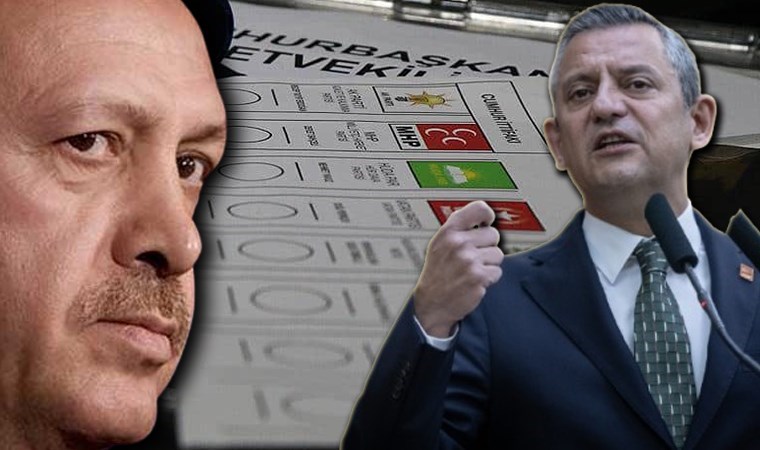 AKP ve CHP arasındaki fark açılıyor!
AKP ve CHP arasındaki fark açılıyor!
-
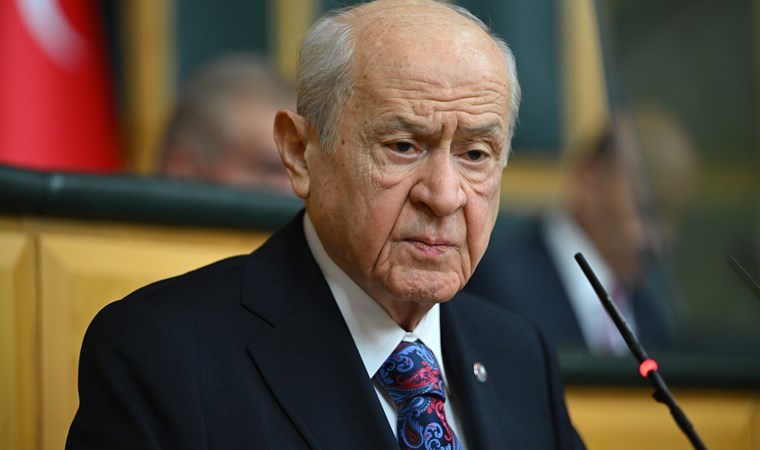 'Erken seçim' ve 'Demirtaş' yanıtı
'Erken seçim' ve 'Demirtaş' yanıtı
-
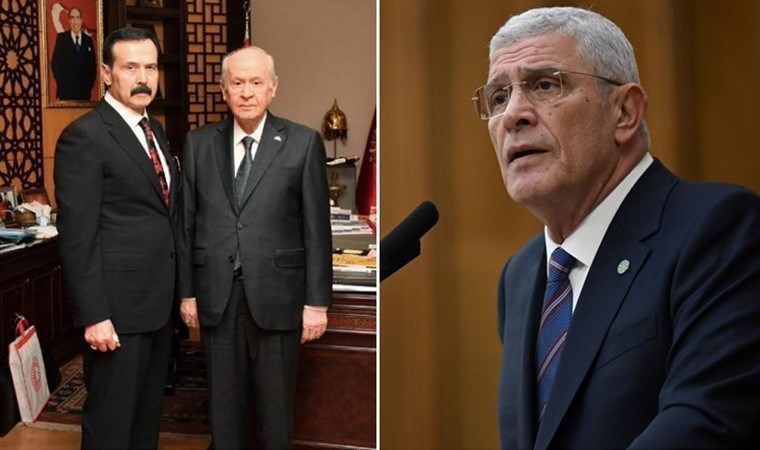 Suç örgütü liderinden Dervişoğlu'na tehdit!
Suç örgütü liderinden Dervişoğlu'na tehdit!
-
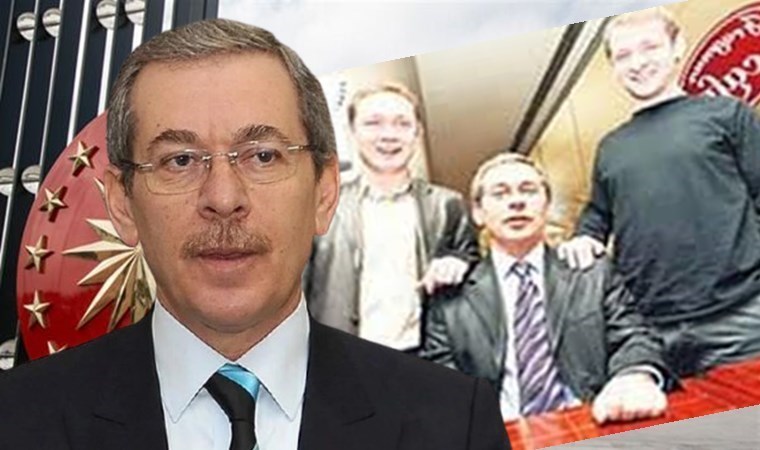 Diğer oğlu da tutuklandı!
Diğer oğlu da tutuklandı!
-
 Bir oyuncu daha ‘Ayşe Barım’ sessizliğini bozdu
Bir oyuncu daha ‘Ayşe Barım’ sessizliğini bozdu
-
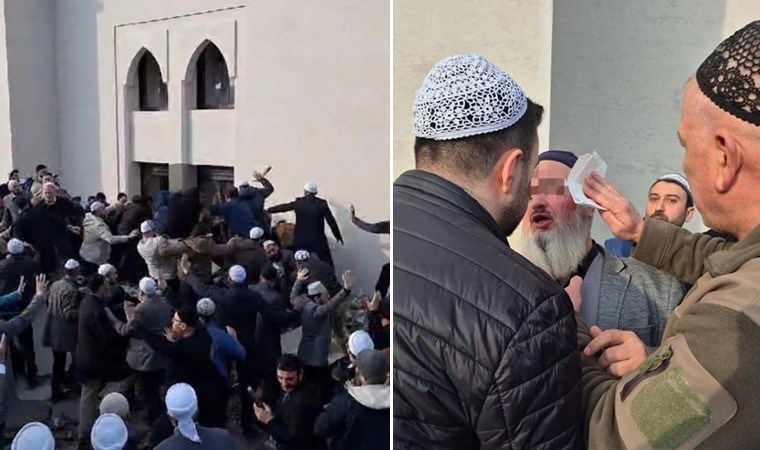 Menzil'de mülk kavgası, birbirlerine girdiler!
Menzil'de mülk kavgası, birbirlerine girdiler!
-
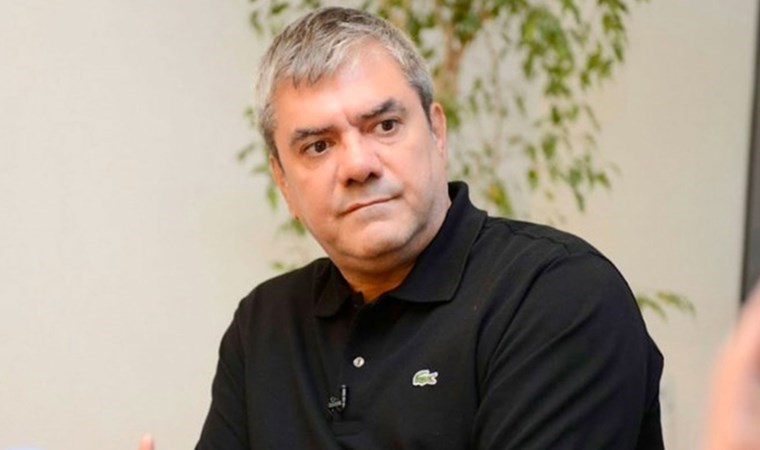 Yılmaz Özdil kalp krizi geçirdi
Yılmaz Özdil kalp krizi geçirdi
-
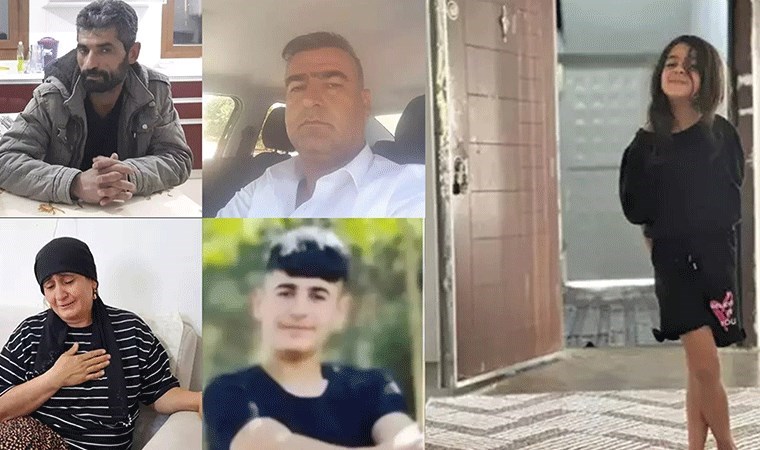 'Ziyaret trafiğini izleseniz anlayacaksınız'
'Ziyaret trafiğini izleseniz anlayacaksınız'
-
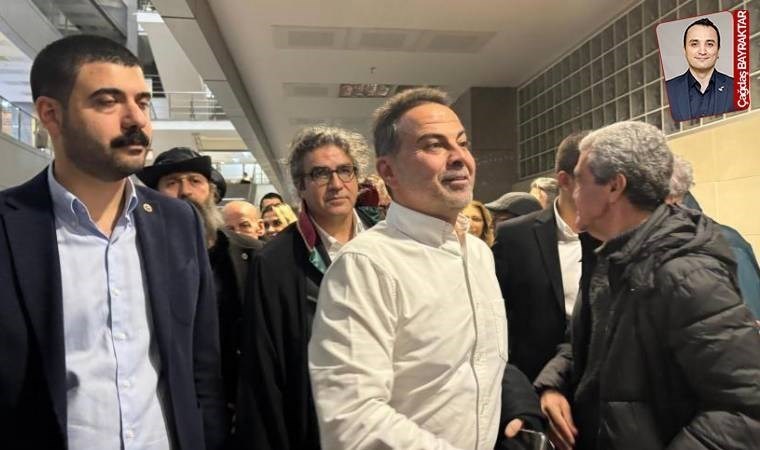 Savcı mütalaasını açıkladı
Savcı mütalaasını açıkladı
-
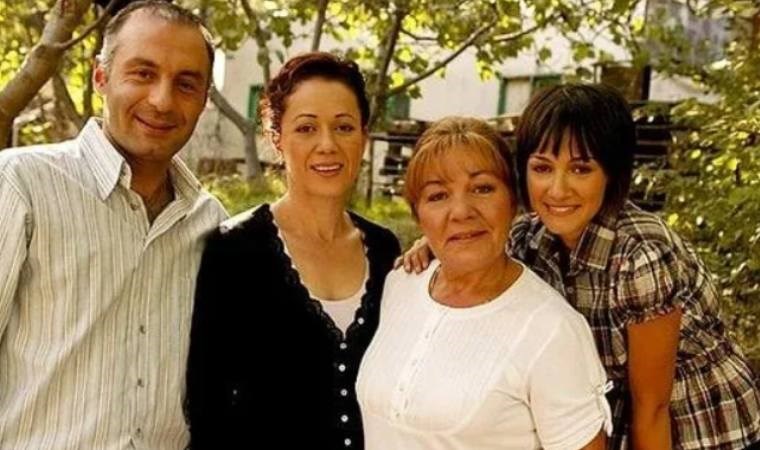 Usta oyuncu hayatını kaybetti!
Usta oyuncu hayatını kaybetti!